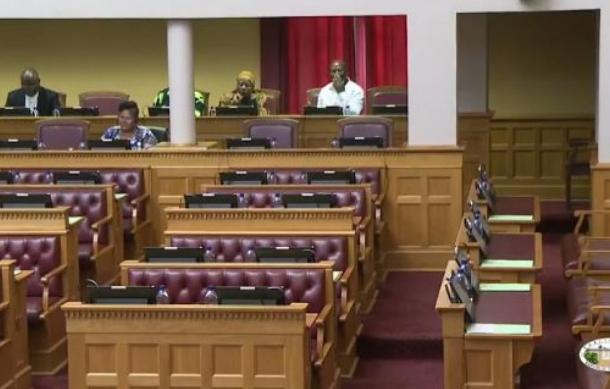
In a bid to tackle the pressing issue of food insecurity in Namibia, National Assembly MP Dr. Tangeni Iijambo has brought forth a notice, urging the Minister of Agriculture, Water, and Land Reform to explain the skewed land policies and to outline the top five priority water and land reform policies for implementation.
Dr. Iijambo contends that the suffering endured by the Namibian people is largely due to the unavailability of land and its unequal distribution and use.
The Swanu MP emphasises that land is central to the development of any given country, and addressing land-related issues is paramount to solving food insecurity.
The parliamentarian argues that Namibians have lost not only land but also their inherent wealth.
With the country having gained independence and sovereignty, Dr. Iijambo believes that restoring this lost self-wealth can be achieved by determining a ceiling on land ownership.
Specifically, the issue of absentee landlords and facilitating fair and equitable land redistribution among locals are imperative.
Expressing concern for both urban and rural land, the Swanu leader asserts that Namibia must regulate its commercial and communal land, whether it is for agriculture or mining, in a manner that benefits all Namibians.
He criticises the government for what he perceives as a disservice to both producers and consumers due to skewed policies, stressing that after 33 years of independence, the country remains reliant on imports for essential agronomic food products.
"Why do so many products at green schemes and conservancies go to waste? Consumption of basic agronomic products by Namibians such as potatoes, tomatoes, chicken, and milk in a country that has more cattle than people is unacceptable. What are you doing, honourable minister, to see to it that our army, schools, and hospitals are fed with locally produced agro-products?"
According to the World Bank, Namibia's 2020 Imports stood at N$12,4 billion, reflecting an increase of 45.5% month-on-month and 32.2% on a yearly basis.
Namibia, with its population of less than three million, should not be importing basic food items when it possesses abundant livestock and vast expanses of land, argues Dr. Iijambo.
He questions why dairy products, for instance, are still being imported instead of promoting local production to cater to the needs of state facilities such as schools, hospitals, prisons, and the army.
The Ministry of Agriculture, Water, and Land Reform will be expected next Tuesday to provide explanations and outline priority policies to address these pressing concerns and pave the way for a more sustainable and food-secure future in the country, as per the notice of questions.





